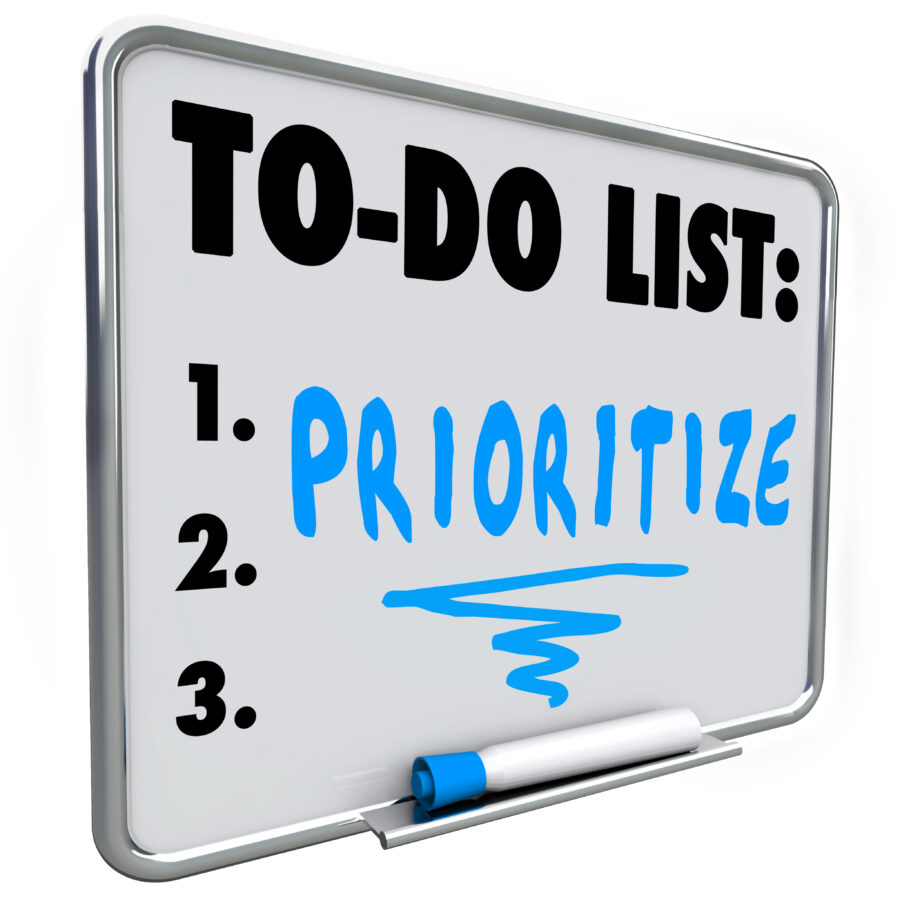Rescheduling Revisited: Can Your App Do That?
In a previous post (look here), I pointed out that scheduling is really just a special case of rescheduling. If you can modify part of an existing timeline without affecting other parts, you can easily modify—or create an empty timeline. … Continued
Scheduling Done Right and the Bottom Line
Here’s the essence of a conversation I had recently with a colleague: Colleague: Did you notice that the “Acme Anvil Company” had three different departments doing planning and scheduling? (I changed its name for privacy.) Me: Yes! They had a planning … Continued
Searching for Common Ground in Multi-Level Scheduling
Many organizations schedule at different levels of management, which can add another layer of complexity to the process. For example: A manufacturer has a production planning department that builds schedules based on a capacity model that describes their capabilities in … Continued
Beware of Stovepipe Scheduling
A doctor’s office schedules appointments for their physicians using an application built specifically for medical practices, but they find out that there aren’t enough examining rooms to support that schedule. A baking plant makes products in batches that must be … Continued
What’s the Priority?
Should you schedule the most important things first? If you have several activities to schedule, it seems like a logical strategy to schedule the higher priority ones before the lesser priority ones, right? Well that doesn’t always work out. In … Continued
Tag! You’re it! How attributes bring scheduling software to the next level
As I have discussed in previous posts, the scheduling problem is not only selecting a start time for activities, but also the challenge of selecting the resources to support those activities (aka: the “assignment problem.”) If you are a scheduler … Continued
One Size Does Not Fit All: Essential versus desirable is a critical difference in scheduling
Do any of these sound familiar? This project has several tasks that can be done by any of my qualified technicians, but it’s best if the people who start the project complete all of the tasks. Umpires can work multiple … Continued
Confessions of an Optimizer: When is “excellent” good enough?
As we all know, an optimal solution is best when it comes to any scheduling operation. But is optimal always practical? Not necessarily. If you have an environment with frequently changing requirements like most operational situations, you may need to … Continued
Which and When? Are these questions coupled or separate? (Hint: They’re BOTH!)
Scheduling is basically answering the questions, which resources should I use? And when should I use them? The “which” question gives rise to a set of alternatives (that you can read more about here), and the “when” question gives rise … Continued
When Dummies are Smart
Pro tip: Using dummy resources is a great tool for creating a winning schedule. For example: We were scheduling surgeries for a hospital. Each surgical procedure required an operating room and, of course, a surgeon. But each surgeon was part … Continued










